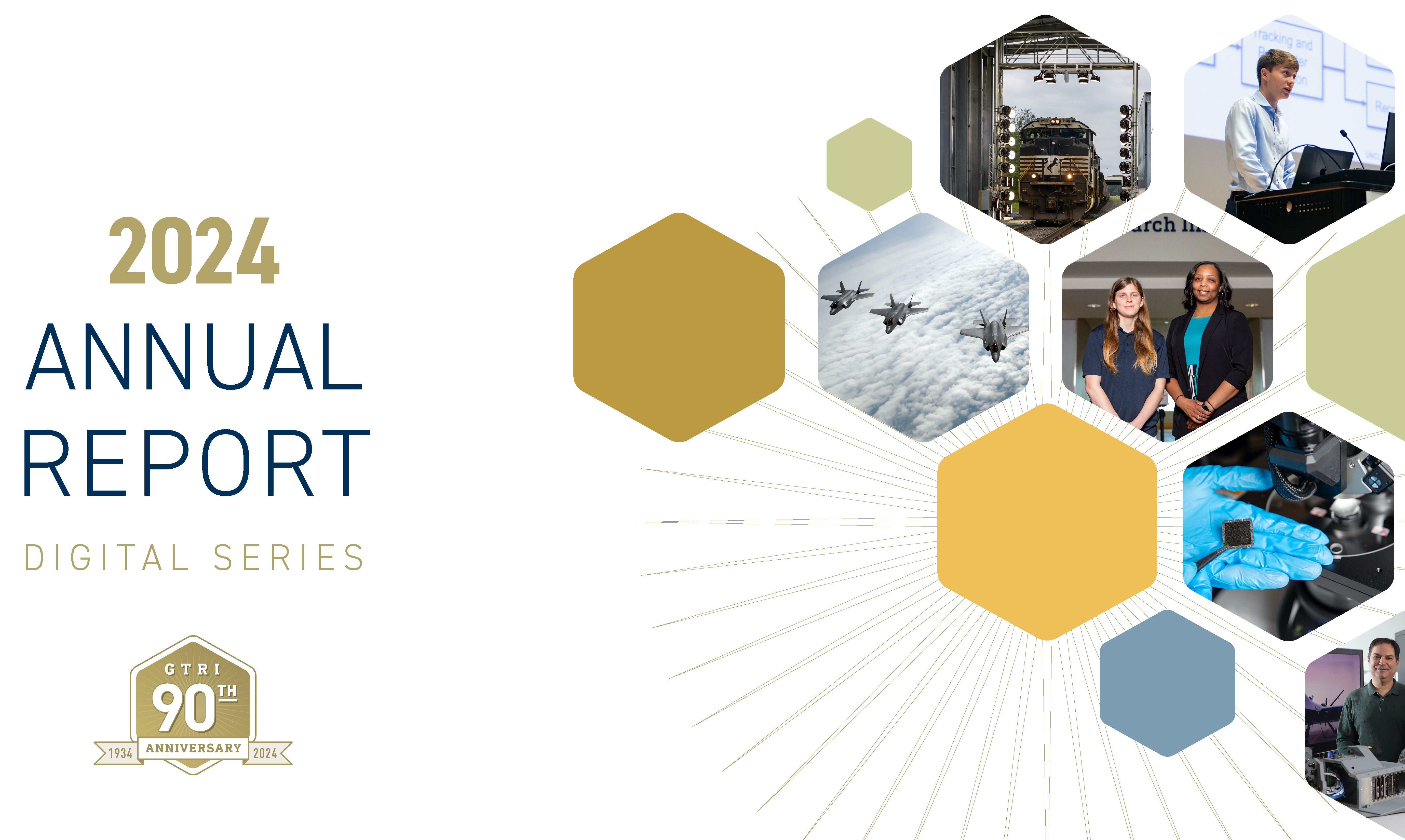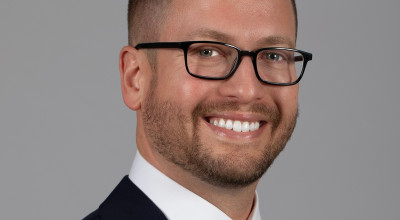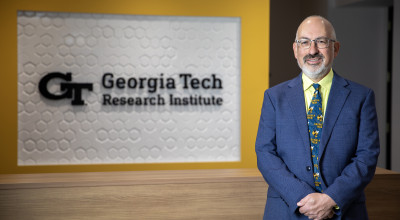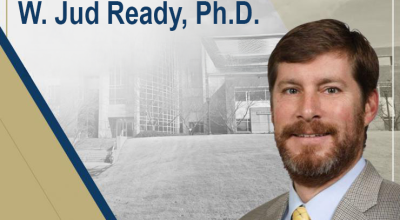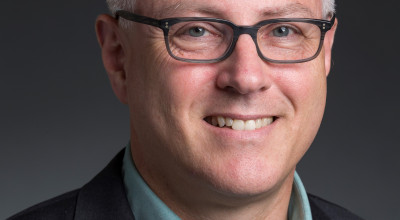GTRI News & Features
01.24.25
GTRI 2024 Annual Report
The digital edition of GTRI's 2024 Annual Report provides an overview of our accomplishments, research investments and outreach programs.
Read More >>Media Inquiries
GTRI News
- News stories
The Georgia Tech Research Institute (GTRI) has appointed Mark Militello as its next Associate Vice President (AVP) of Finance and Research Administration/Chief Financial Officer (… Read More >>
- News stories
At the 2025 Faculty and Staff Honors Luncheon, held recently at Georgia Tech’s Exhibition Hall, the Institute celebrated the achievements of its dedicated faculty and staff. Among… Read More >>
- News stories
Jeremy Epstein, a cybersecurity researcher with more than 25 years of industry and government experience, has joined the Institute for Cybersecurity and Resilient Infrastructure… Read More >>
- News stories
Dr. Jud Ready, a Principal Research Engineer in the Electro-Optical Systems Laboratory (EOSL) at GTRI, was recently featured on Georgia Tech’s Generating Buzz podcast. Ready… Read More >>
- News stories
GTRI’s Comas Haynes, Ph.D., has been honored with Georgia Tech’s Executive Vice President for Research (EVPR) Institute Research Award for Outstanding Achievement in Research… Read More >>
- News stories
In recent pilot tests conducted at the City of Woodstock's wastewater treatment plant in Georgia, GTRI demonstrated that its nanoparticle technology improves efficiency and… Read More >>
- News stories
GTRI researchers from the Applied Systems Laboratory (ASL)’s Human Centered Engineering Division (HCED) recently attended the National Defense Industrial Association (NDIA) Human… Read More >>
- News stories
Stephen Welby joined GTRI as the new Deputy Director of Research for the Sensors and Intelligent Systems Directorate (SISD) on April 1. He will work closely with industry and… Read More >>


